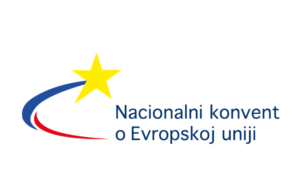The Czech government’s new bill to increase TV and radio licence fees from 2025 aims to strengthen public service media funding and independence, say the International and European Federations of Journalists. The Federations join their affiliate, the Syndicate of Journalists of the Czech Republic, in calling for support for the bill as the public broadcaster struggles to operate effectively.
Proposed by the government in June, the Bill provides for an increase in television and radio fees, as well as an automatic increase in line with inflation in subsequent years. In addition to TV and radio users, households with internet devices such as phones or computers would now be subject to the licence fees.
The changes should be introduced as part of a major amendment to the law on public service media, but the opposition obstructed all attempts to get the proposal through to a second reading in the lower chamber. As a result, the vote might get delayed for another year, with parliamentary elections taking place in October 2025.
In a statement, the Syndicate of Journalists of the Czech Republic urged the passing of the law to support quality information as well as the financial and political independence of the public service media, which has long been underfunded.
“The broadcasting fee has not been adjusted for the radio for 20 years and for television for 17 years. As both of these media institutions must continue fulfilling a wide range of legally mandated obligations despite lacking funds, they are being forced to implement cost-saving measures that are starting to impact the quality of their services.”
The Federations said: “The challenges facing Czech Television and Radio mirror those of public service media across Europe. Financial stability and independence are essential to maintaining democracy, impartial reporting, and citizens’ rights to free expression. These obligations are underscored by the European Media Freedom Act that Member States will have to implement. It is no longer a question of political affiliation, but of respect for the law.”
Source: EFJ




